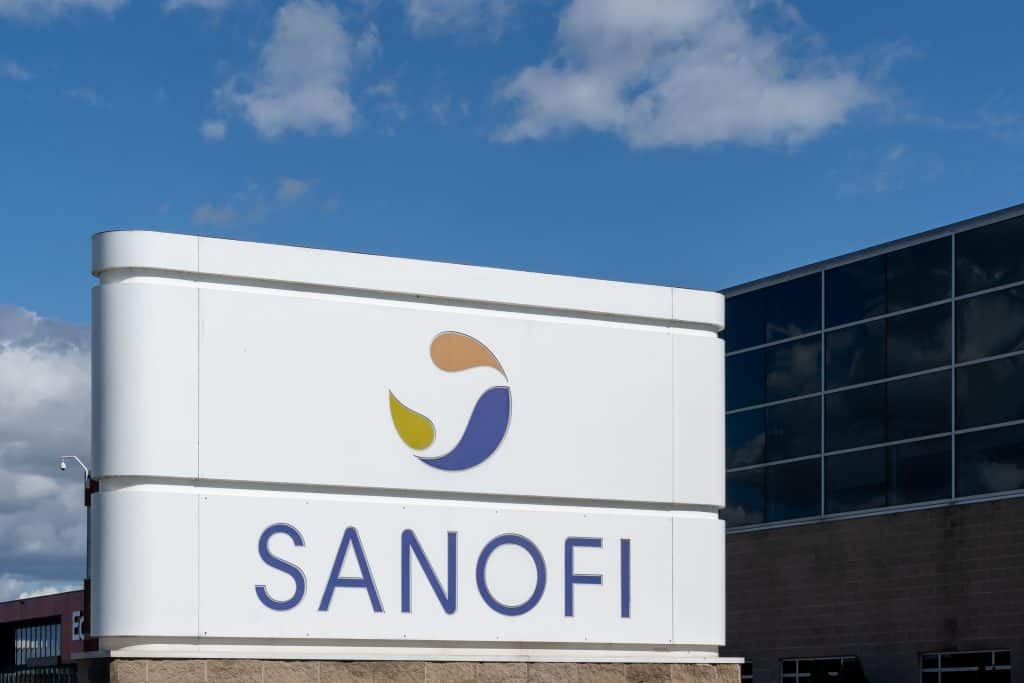
Sanofi has shared promising results from a mid-stage study of its investigational anti-CD40L antibody, frexalimab, in patients with relapsing forms of multiple sclerosis (MS).
Affecting approximately 2.8 million people worldwide, MS is a neurological disease in which the immune system attacks the protective myelin sheath that covers the nerves and disrupts communication between the brain and the rest of the body.
Relapsing forms of MS are characterised by attacks of worsening neurologic function, followed by partial or complete recovery periods. Approximately 85% of patients are initially diagnosed with relapsing MS, compared to 15% with progressive forms of the disease.
Sanofi’s phase 2 study of frexalimab, which it says “has the potential” to address both acute and chronic neuroinflammation in MS, randomised 129 patients to receive one of two doses of frexalimab or matching placebo for 12 weeks, after which 97% of patients entered the open-label extension.
Patients in the high- and low-dose arms continued to receive frexalimab 1200mg intravenously every four weeks or frexalimab 300mg subcutaneously every two weeks, respectively, while those initially randomised to receive placebo switched to frexalimab arms.
Results, presented at this year’s American Academy of Neurology Annual Meeting, showed that 96% of patients who continued receiving high-dose frexalimab and 87% of those who continued receiving low-dose frexalimab were free of Gd+ T1 lesions at week 48.
Among those who switched from placebo to high and low-dose frexalimab, declines were seen at week 24, and 90% and 92% were free of Gd+ T1 lesions at week 48, respectively.
The number of Gd+ T1-lesions remained low in patients who continued receiving frexalimab and continued to decline in those who switched from placebo. The number and volume change of new or enlarging Gd+ T2-lesions also remained low for all treatment groups to week 48 and lymphocyte counts remained stable.
Additionally, patients who continued receiving high-dose frexalimab experienced a low annualised relapse rate of 0.04 over the 48-week treatment period, with 96% being free of relapses.
Erik Wallström, global head of neurology development at Sanofi, said: “Frexalimab represents a novel potential first-in-class treatment mechanism in MS designed to tackle the aspects of this disease where unmet medical needs still exist.”
The company has already initiated phase 3 clinical trials of frexalimab in relapsing MS and non-relapsing secondary progressive MS, and the therapy is also being evaluated in mid-stage studies for immunology indications and type 1 diabetes.




